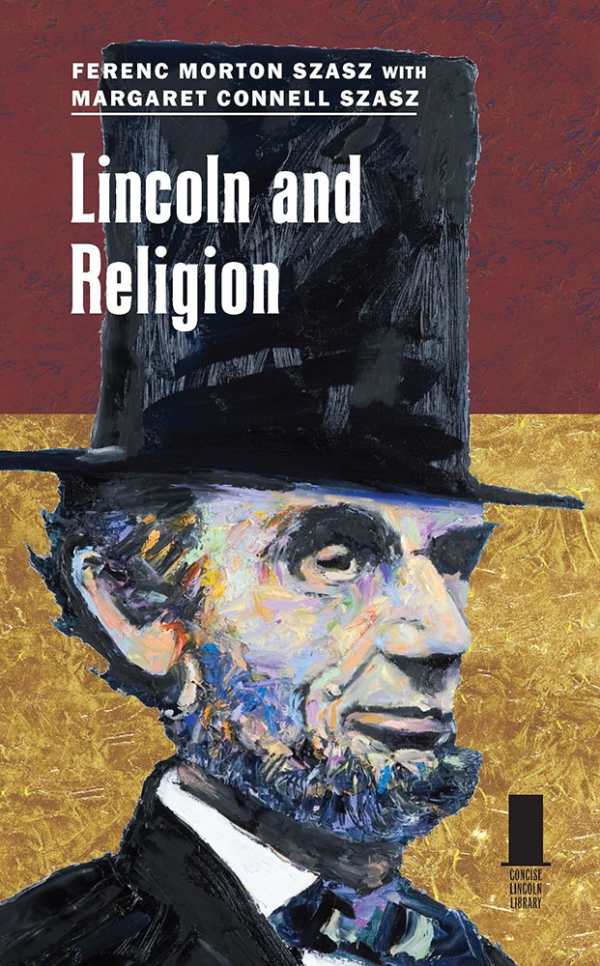Lincoln and Religion
Historians trace Lincoln’s religious development with thorough but objective detail.
University of New Mexico historians Margaret and Ferenc Szasz present an academically-centered study of the religious influences that shaped Abraham Lincoln’s psyche. Their work includes reflections on Lincoln’s own place in the American “civic religious” canon. Lincoln and Religion is a brief and conversant work that is both approachable and piquing.
The faith of the 16th president has been a matter of continual debate, the authors tell readers, with innumerable religious traditions wishing to claim him for their own. This is presented as the partially logical result of Lincoln’s own reticence to settle into one tradition. Across a lifetime, he graduated from participation in Midwestern Baptist circles to a studied deism, and then to Episcopalian and Presbyterian church attendance alongside his wife.
The authors show how each tradition shaped the way Lincoln engaged with the world and its more challenging issues. Early interactions with religious itinerants and their methodologies endowed him with biblical familiarity, deism with an attachment to reason, and Presbyterianism with a sense that his relationship with God was more important than worldly events. A controversial deistic tract Lincoln authored is alluded to, and his growing reliance on prayer, particularly during his time in the White House, is traced with interesting effects.
The project refuses to do the dynamic American president the disservice of situating him in any particular tradition, though it also makes room for the claims of Lincoln’s proud contemporaries across the religious spectrum, including those of Rabbi Wise of Illinois, whose respect for the president’s commitments led to interreligious expressions of cooperation and, eventually, mourning. The end result is a picture of a president whose ideas were directed by Christianity, and never by denominationalism. Students of history will find the work a rich place to begin conversations on mid-19th-century religious practice, particularly as it relates to the political upheavals of the day.
The last portion of the work takes an interesting turn into the study of American civil religion, in which Lincoln is held up as somewhat of a saint or martyr. The authors collect expressions of grief from around the world following his assassination, many of which cast him as a hero of global proportions. The Emancipation Proclamation and Lincoln’s second inaugural address are seen in the context of the nation’s holiest documents, and their place on the Cold War-responsive Freedom Train is held up as significant.
Lincoln and Religion is an intelligently constructed work upon which conversations regarding Lincoln’s religious allegiances and implications can be aptly built.
Reviewed by
Michelle Anne Schingler
Disclosure: This article is not an endorsement, but a review. The publisher of this book provided free copies of the book to have their book reviewed by a professional reviewer. No fee was paid by the publisher for this review. Foreword Reviews only recommends books that we love. Foreword Magazine, Inc. is disclosing this in accordance with the Federal Trade Commission’s 16 CFR, Part 255.

